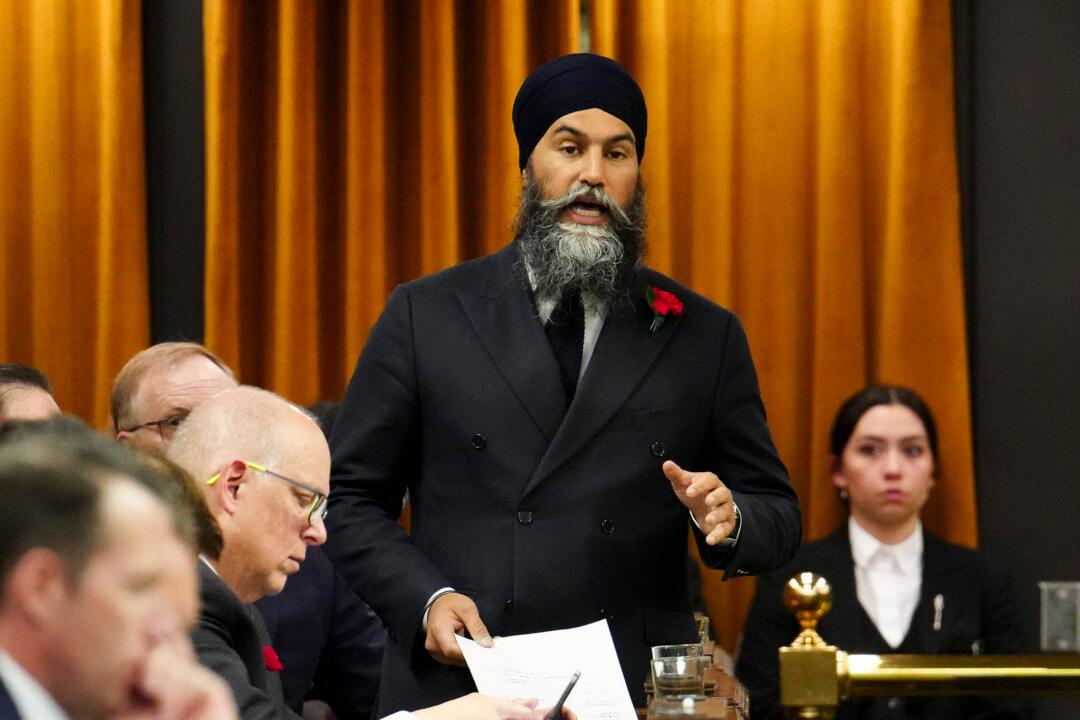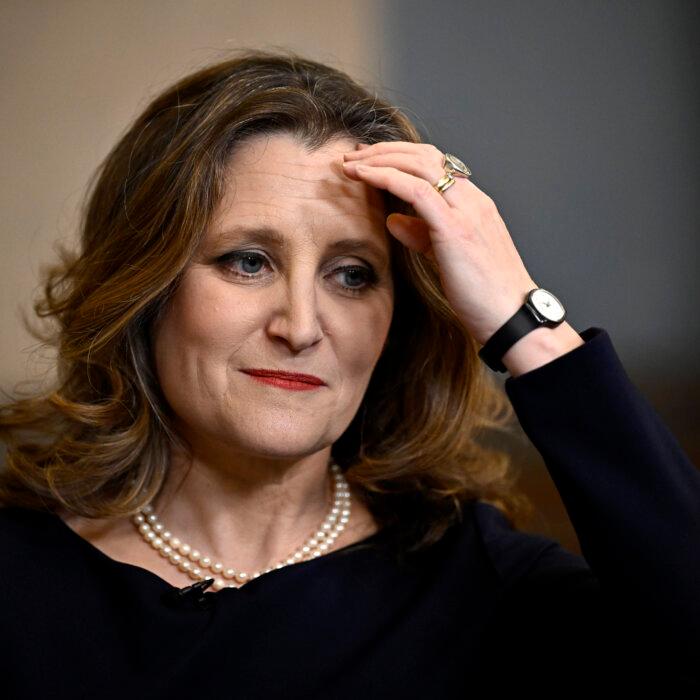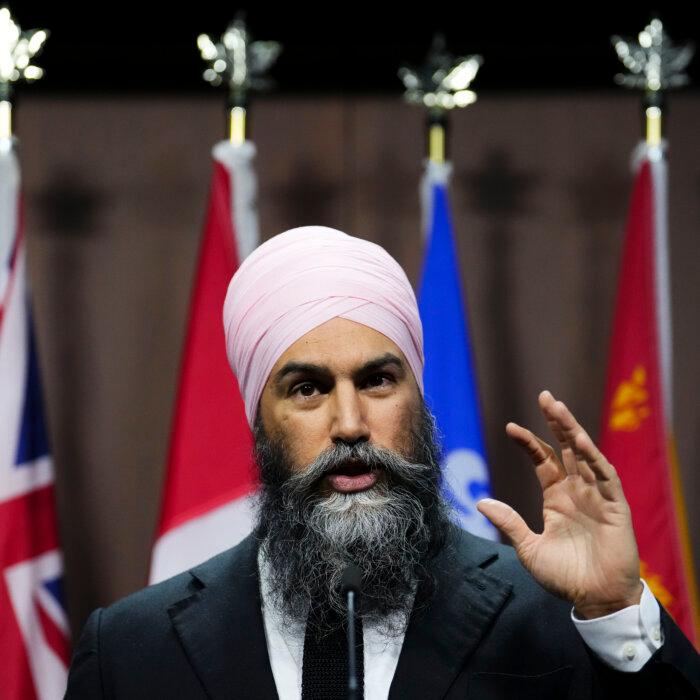The Liberal government’s budget passed on May 1, after NDP Leader Jagmeet Singh committed to supporting it just hours before the vote took place.
A controversial proposal to raise the capital gains tax from 50 percent to 67 percent was absent from the budget, indicating that cabinet plans to table it separately at a later date. While Ms. Freeland has said the tax increase would impact only the wealthiest 0.1 percent of Canadians, business leaders have condemned it, claiming the change could hurt the country’s productivity.
The New Democrats were the deciding vote on whether the budget passed. Speaking to reporters prior to the vote, NDP Leader Jagmeet Singh said he would support the budget after weeks of uncertainty.
Parties’ Support for Budget
Following the April 16 introduction of the budget, Mr. Singh would not say whether his party would vote in favour of it. He told reporters that he had concerns about insufficient support for people living with disabilities and indigenous groups, the cutting of 5,000 federal employee positions, and the absence of a wealth tax on the excess profits of oil and gas, telecommunications, and grocery companies.The Conservatives had indicated they would not vote in favour of the budget, with Leader Pierre Poilievre calling it a “wasteful inflationary budget” that would make inflation worse. The Bloc Québécois, meanwhile, said it would vote against the budget because it intruded into Quebec’s jurisdiction and provided insufficient support for seniors.
Bloc Leader Yves-François Blanchet had predicted that Mr. Singh would ultimately vote in favour of the budget, and dismissed concerns that the Liberal government might fall due to a lack of House support. “We already know what will happen. Mr. Singh will come here and find an explanation for his keeping supporting the Liberals,” he told reporters on April 16.
Because of the Liberal and NDP’s supply and confidence agreement, which keeps the Liberals in power until 2025 in exchange for delivering on NDP priorities like pharmacare and dental care, a lack of support from Mr. Singh’s party could have resulted in a loss of confidence in the House of Commons and an early election. With the budget having passed, the next election is scheduled for October 2025.
An Ipsos poll released following the budget’s introduction found that the majority of Canadians, 40 percent, were opposed to it. By contrast, 17 percent of Canadians supported it, and 43 percent were neutral.







